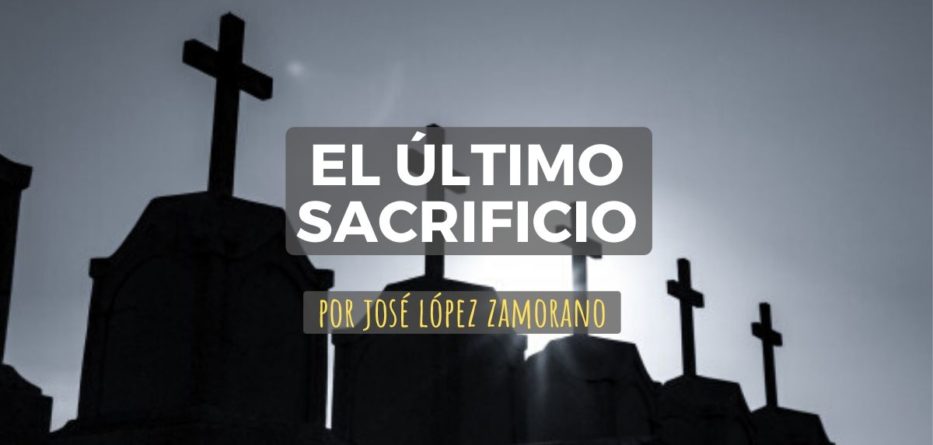The seeds of the commemoration of what we now know as Memorial Day were sown after the United States’ Civil War.
Entire families began to gather, in late spring, to bring flowers and souvenirs to the graves of their relatives, neighbors and friends killed in the bloodiest of the country’s internal conflicts, which ended in 1865 with 750,000 deaths, according to recent estimates.
Originally known as Decoration Day, it took over a century for it to become a national holiday in 1971. Memorial Day is commemorated on the last Monday in May, as a way to pay tribute and honor all women and the men who made the last sacrifice. But it also marks the informal start of the summer season, a symbol of flourishing, regeneration, and hope.
We often talk about the Coronavirus pandemic with warlike metaphors: war, battle, fight. Such comparisons can be illustrative of the humanitarian dimension of major crises. In the case of the United States, the official death toll this week is about 100,000 people, but the actual figure is surely higher. That is, more humans have died here than in the combined Vietnam and Korean Wars.
But there are also qualitative similarities. The protagonists of this health conflagration have also given extraordinary signs of courage, dedication, patriotism and, especially a deep humanitarian sense, to risk their own lives to help individual and collective survival. Doctors, nurses, support personnel, agricultural workers, supermarket employees and many more have stood out on this new battlefront. Of this notable group of essential workers, more than 3 million are migrants.
Just last week The New York Times undertook an extraordinary journalistic exercise, presenting on its cover a solemn list of obituaries of those who have lost their lives during the pandemic. The newspaper is right when it affirms that to understand this, “incalculable loss”, a simple number cannot transmit the impact each individual loss has left among us.
For this reason, the commemoration of Memorial Day in 2020 has a particular meaning. Because it is a reminder of the sacrifices that are made day by day, from different trenches, to make a new chapter of regeneration possible.
So, a great way to honor the memory of our dead, especially those who risk knowing the danger, is to protect the well-being of those who are left behind and who have been left defenseless or precarious. A society measures its moral stature by the way it treats its most vulnerable. The United States must decide whether to rise out larger or miniscule out of this collective tragedy.
For more information visit www.laredhispana.com.






